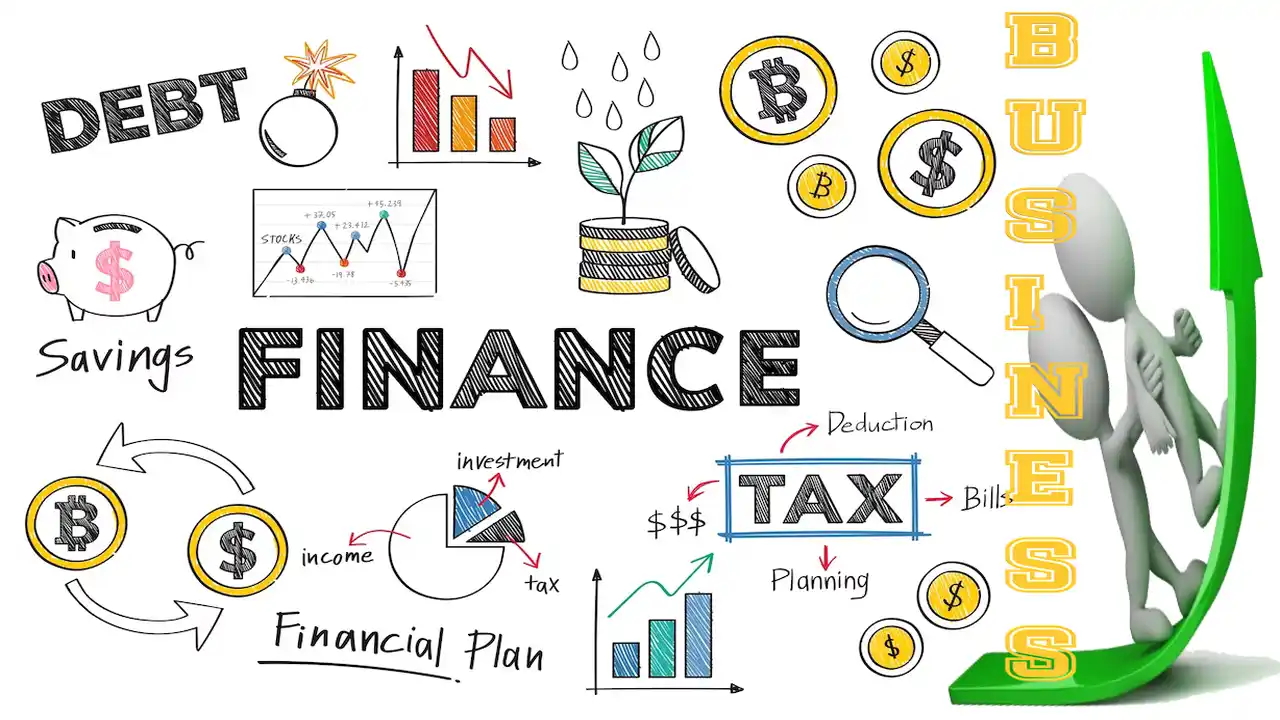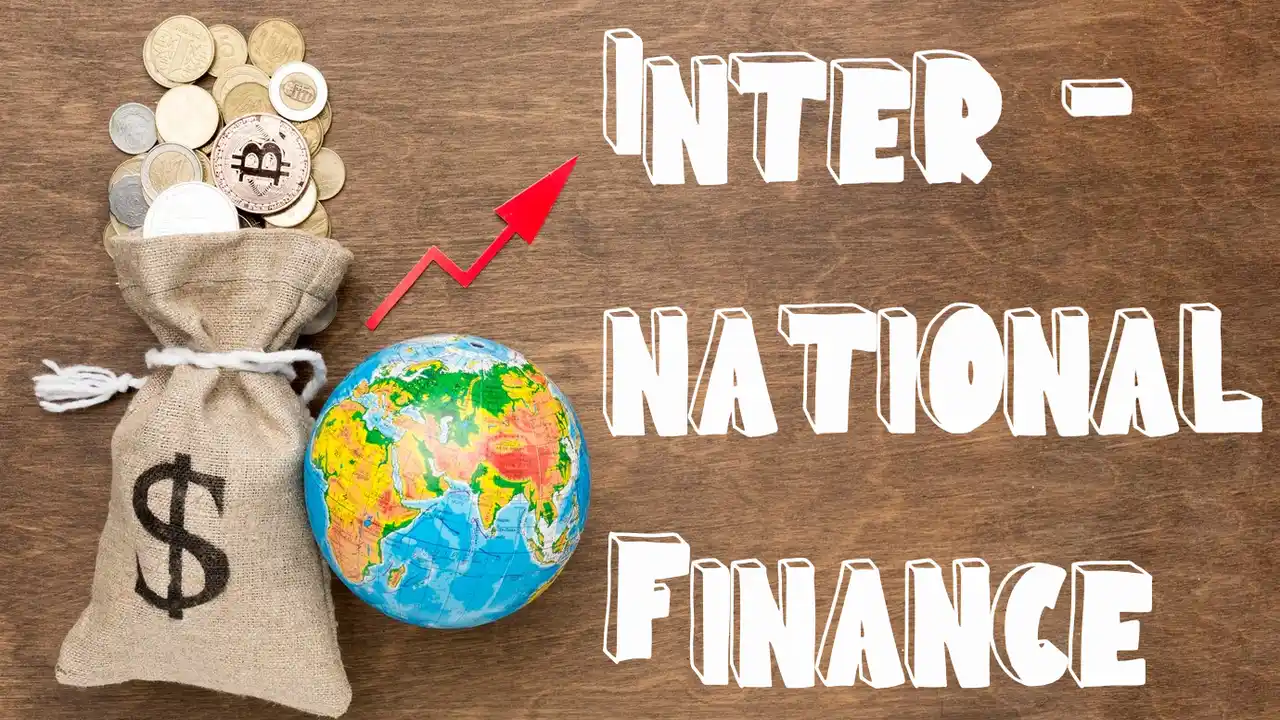It is highly helpful to have a reliable financial system when searching for the best investment idea. On top of that, it monitors the project’s development continuously. Payment for goods and services and the transfer of goods between companies are both made easier by this, which speeds up the process. Continue reading to become an expert on features of financial system and learn everything you should know about it.
The financial system mediates between extremes of surplus and deficit funding. This completely encloses the empty space that existed before. This is comprised of several marketplaces, associations, rules, and statutes. A large number of individuals, including employees, managers of funds, and others. The term “system” is used to describe all the factors that impact an economy when talking about it. A few examples of these elements are organizations, individuals, processes, marketplaces, deals, lawsuits, and responsibilities. Here we have the “Financial System.” Ensuring the proper handling of money, loans, and finances is the primary job of a financial system. Despite their superficial similarities, these three phrases actually differ in a few key respects. The Indian financial system consists of the financial market, financial instruments, financial intermediaries, and financial services. For a complete overview of the structure of financial system topic, read on.
Features of Financial System
The role of banks as intermediaries in the flow of capital between borrowers, lenders, and investors is central to the financial system. Also, a return on investment (ROI) for market participants and an increase in economic growth are the principal goals of this program. Maximizing the utilization of available funds is another objective of the program. To learn more, take a look at these features of financial system.
Security for your Money
If people’s ability to pay for health care does not interfere with their ability to work or maintain their current standard of living, they can be financially secure. When most people think about their finances, the first things that come to mind are their debt, pension, or savings. Many people fail to take the necessary precautions to safeguard their financial assets, yet doing so can help you and your family weather financial storms.
Allocation of Risk
A key component of every financial system is its capacity to distribute risk. On the financial market, buyers can choose from a wide variety of investment securities to find the ones that suit their needs the best. Because of the financial system, customers can split their money among multiple accounts. They are taking less of a chance because of this.
Facilitate the Accumulation of Capital
There is no way to separate the rate of capital production from a country’s financial system. It facilitates the acquisition of capital for commercial enterprises from a variety of sources, including traditional financial institutions and private individuals. Moreover, companies can thrive and expand if they have quick access to funding. Plus, the government needs money to pay for all of its social welfare programs and building projects. By making sure there are enough funds, the financial system encourages capital expansion in the economy.
Savings-Investment Link
By acting as a go-between for savers and investors, financial institutions facilitate capital’s movement into the industrial investment sector. Because only a select few possess the combination of market acumen, technical know-how, and the guts to put this knowledge into practice, they play an essential role in the capital formation process. Conversely, saving is mostly practiced by a wide range of individuals who do not possess the abilities, means, or character traits necessary for aggressive spending. For this reason, the shifting process is fundamental to the expansion of the economy. Investments are slowed down by technological constraints and geographical limitations. To make up the difference, the banking systems must step in. By connecting those looking to save and those looking to invest, these groups facilitate capital generation.
Procedure for Transferring Property
At its inception, the financial system maintained a distinction between savings—the difference between current income and current expenses—and investment—the costs of long-term assets. From the very beginning of the system, this distinction has been there. From one economic unit to the next, the correlation between savings and investment looks very different. According to Goldsmith, there are three main types of economic units: There is more cash in “saving-surplus units” than in investments. For neutral units, the sum of savings and investments is zero. The opposite is true in saving-deficit units, where investment exceeds savings. Also, units with extra savings need to have them transferred to units with less savings so that capital development can happen.
Achieve more Fluidity
A large portion of the market’s liquidity comes from the financial system. It mediates between users, streamlining the process of sending money between them. Households have access to a variety of assets with high liquidity rates, indicating that they can quickly turn them into cash. Because of this, people have more options for how to spend their money. This is why financial institutions must engage in activities that guarantee a sufficient supply of marketable funds at all times.
Harmonious Area Growth
It helps make sure that diverse parts of a country do well on their own, which is great. Through the provision of tax advantages and concessions, the financial system enables rural and undeveloped areas to thrive. Balanced growth lessens disagreements in the nation, whether they be political or otherwise. Controlling migration from rural to urban regions is another responsibility of the government.
Job Creation
An efficient financial system can create a great number of jobs for the population of a country. Consequently, corporations and large organizations acquire the capital they need to carry out their missions and thrive. There would be more opportunities for people in the organized and unorganized sectors to find work if the business and manufacturing sectors keep growing.
Global Investment Attraction
A robust financial system allows an economy to entice substantial amounts of capital from other nations. An essential part of every country’s financial system is the capital market. Proper development and promotion of this industry has the ability to attract capital from domestic and international markets. Investors will put more money into the economy when there is more money available.
Offer a Means of Payment
Because there are so many convenient payment options, people have no trouble making purchases or paying bills. It is easy to transfer funds within and between businesses and consumers thanks to the payment system, which is supported by the banking system. Numerous payment methods, including UPI, debit cards, credit cards, cheques, and more, make it easy for buyers and sellers to transact.
FAQ
Can you Tell me the Three Main Components of the Financial System?
The interrelated fields of investment, money and credit markets, and financial management make up the financial industry. Financial management refers to the process by which investment decisions are put into action by both individual and institutional investors.
For what Reasons Could the Financial System Collapse?
The financial system is the backbone of every business since it issues, receives, and transfers money. When the system malfunctions, trust and money are both jeopardized. A very unlikely but possible consequence of a catastrophic collapse would be to weaken the trading system that keeps the food chain going.
In Finance, what Kinds of Systems Exist?
Some of the institutions that make up regional banking networks include securities exchanges and financial clearinghouses. All of the banks, borrowers, and loans in a given region make up what is essentially a larger regional system in the context of the global financial system, which is part of the global economy.
Final Words
The government owns or controls the majority of the many financial institutions. Both the power and the control of the regulatory bodies that keep an eye on banks and other financial institutions rests with the government. There is an absence of cooperation in such a setting. So, the several entities that make up the banking system sometimes fail to coordinate their efforts. not included; We’ve explained this in features of financial system guide. I hope this information was useful to you.






